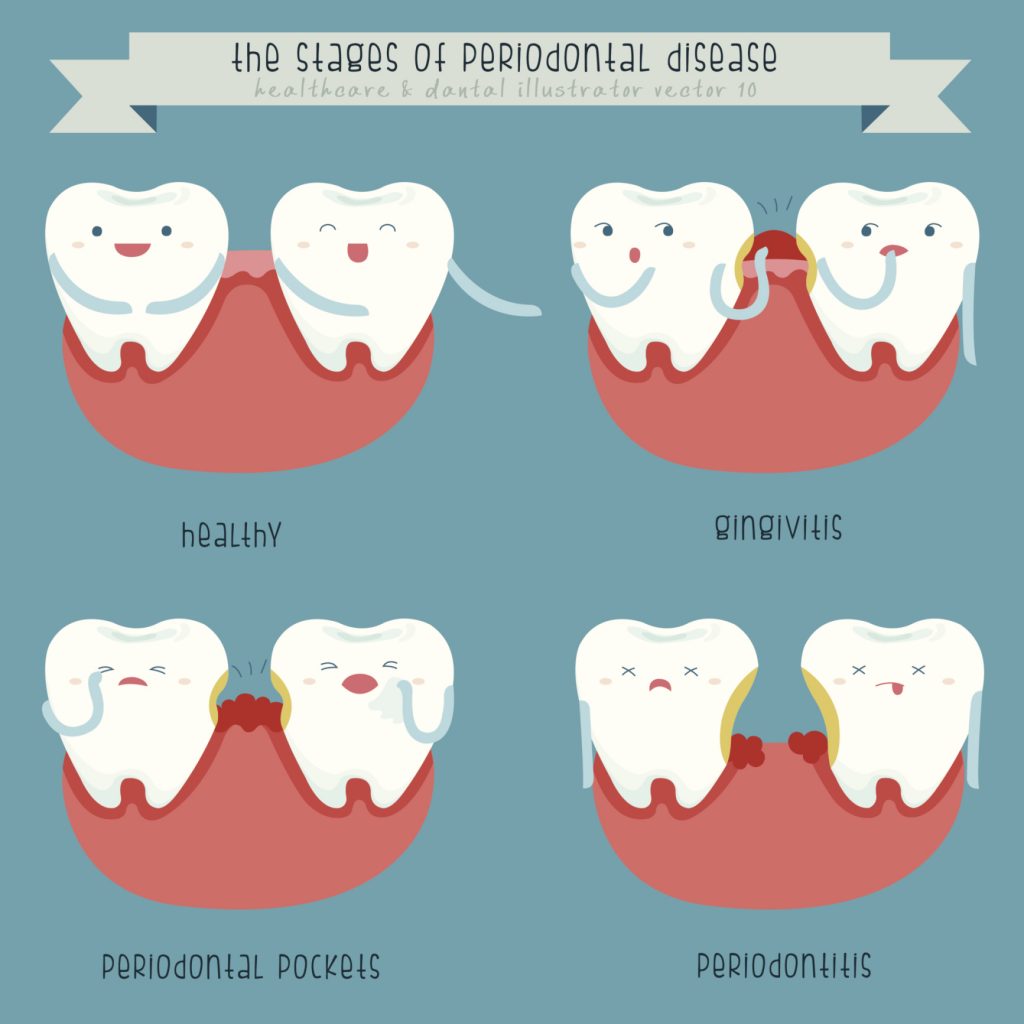
In order to celebrate World Sleep Day (March 18th), let’s take a look at reasons we may not be getting the best sleep each night. The National Sleep Foundation recommends adults get an average of 7-9 hours of sleep per night. Of course, we all know that this number increases the younger you are. But here’s the glitch – 80% of us don’t get this minimal amount and wait for weekends to catch up on that lost sleep.
But beyond the hectic vibe of our busy lives, there are some of us that can’t get a solid night’s sleep, even if they tried. This is due to a sleep issue they may have developed, which can be anything from dry mouth to something more serious, like sleep apnea.
Sleep apnea is a sleep condition that causes you to periodically stop breathing while you sleep, due to a blockage of your airways. There are types of sleep apnea: the most common being obstructive sleep apnea, central sleep apnea, and the combination of the two – complex sleep apnea syndrome.
Other signs and symptoms of sleep apnea include:
- snoring
- gasping for air during sleep
- feeling tired after a full night’s sleep
- trouble staying asleep
- waking with dry mouth
- morning headaches
There are times that the sleeper has no idea there is an issue, but those sharing the space may notice. It is important to take these symptoms seriously. Having a sleep study done about your sleep patterns is a great way to diagnose any issues you may be developing while you sleep. Depending on your specific condition, you may require a CPAP machine, a mouthguard or some other option to getting your sleep back on track.
For more information about sleep apnea, call Dr. Ladani in Schnecksville, PA at 610-799-0600 or visit www.extraordinarysmiles.net.
Dr. Sandip Ladani proudly serve patients from Schnecksville and all surrounding areas.



